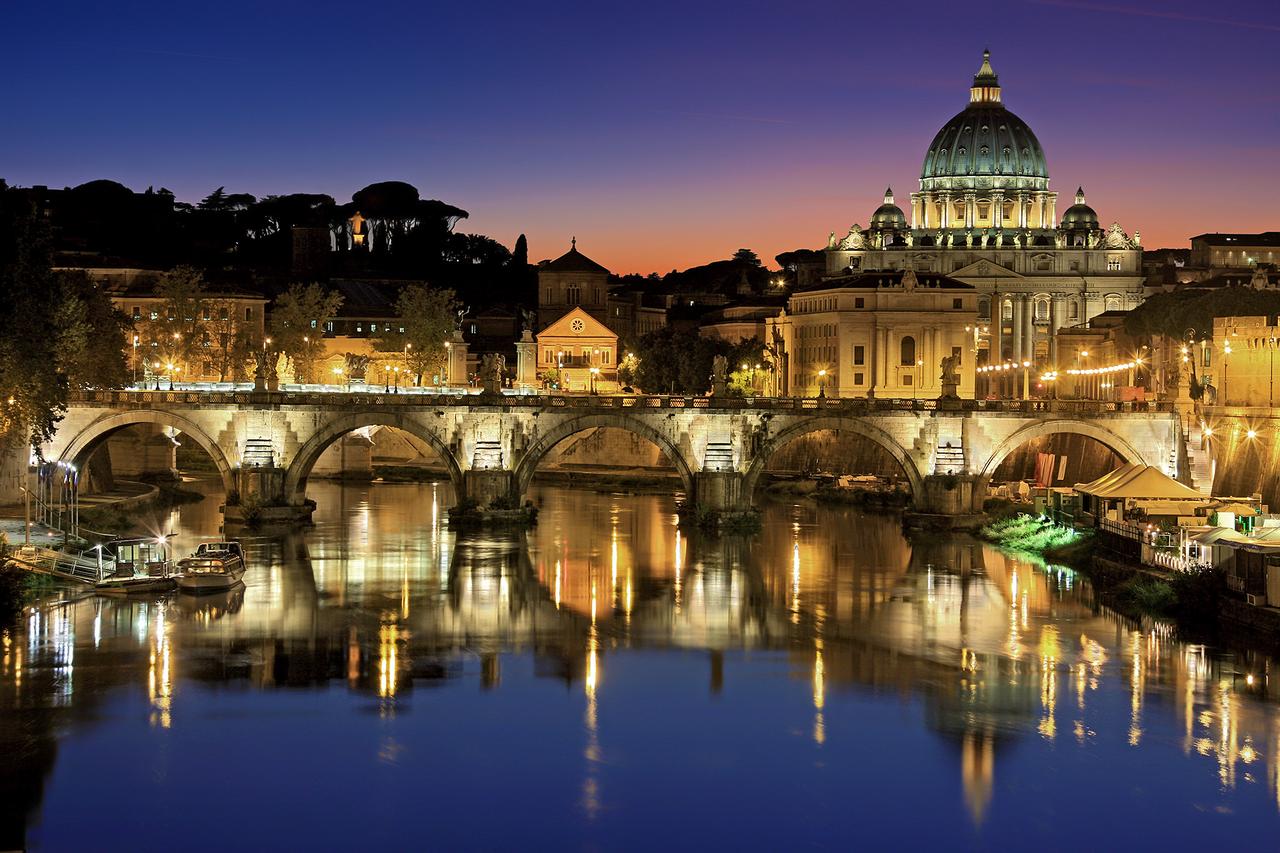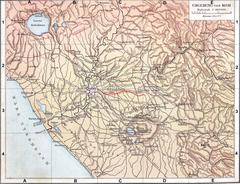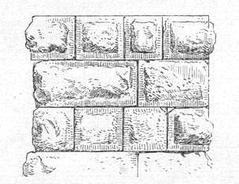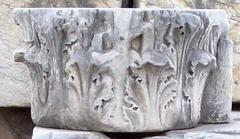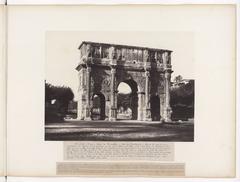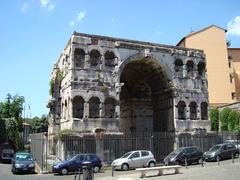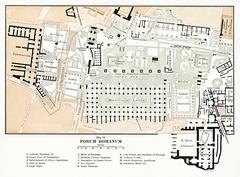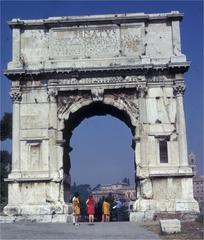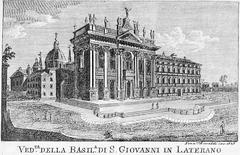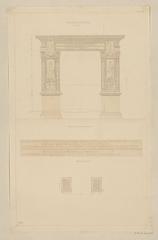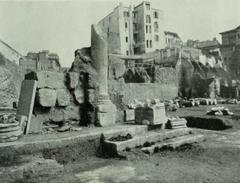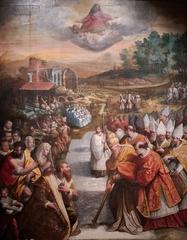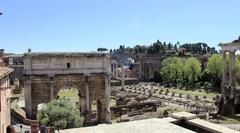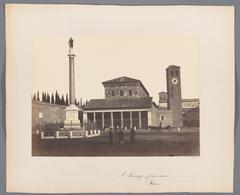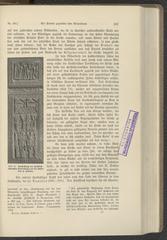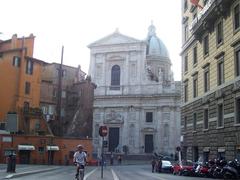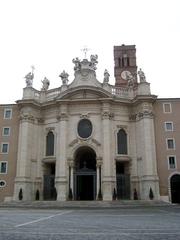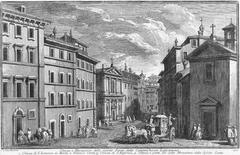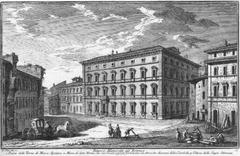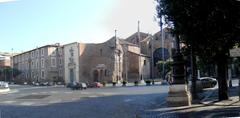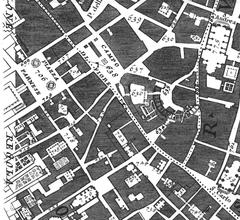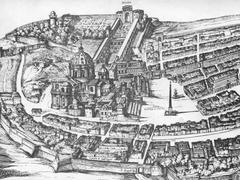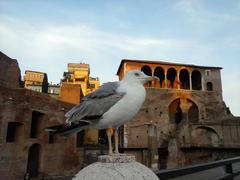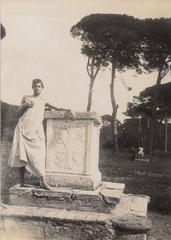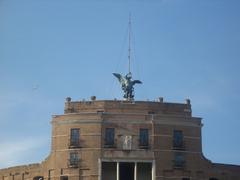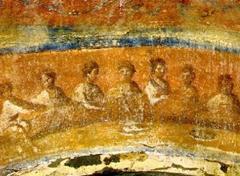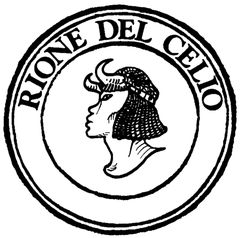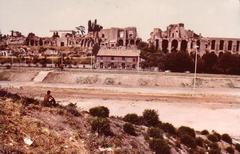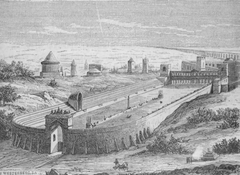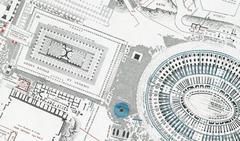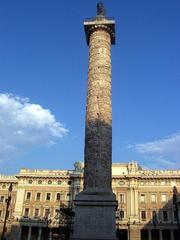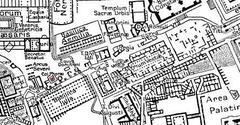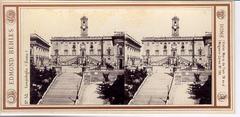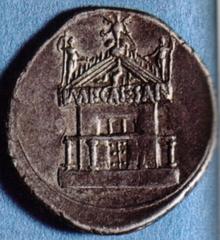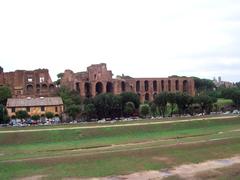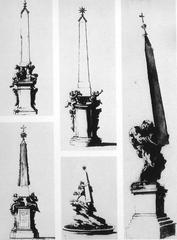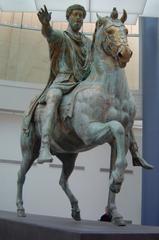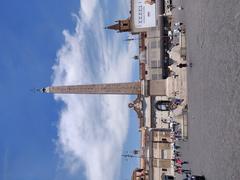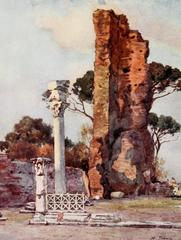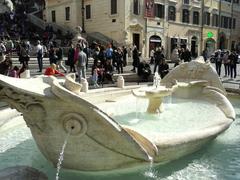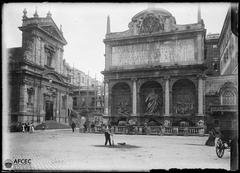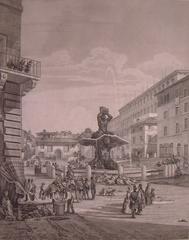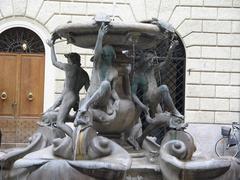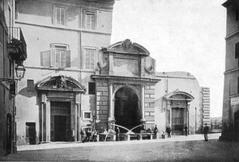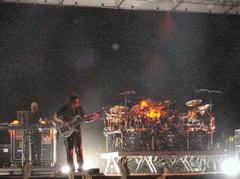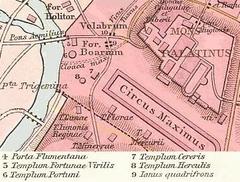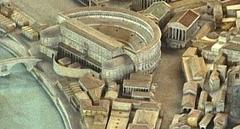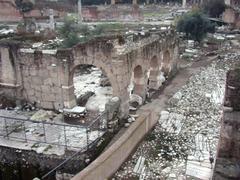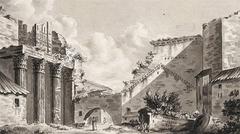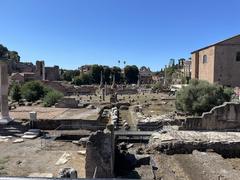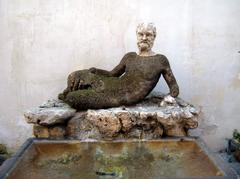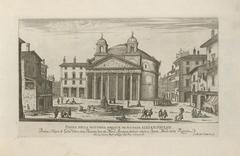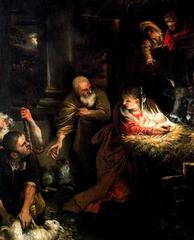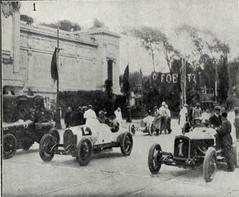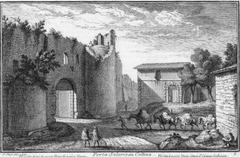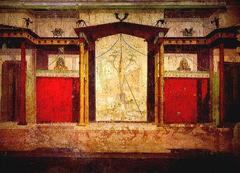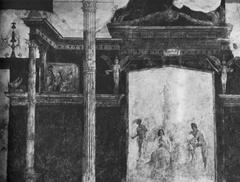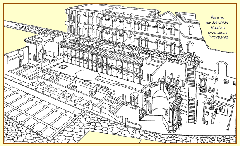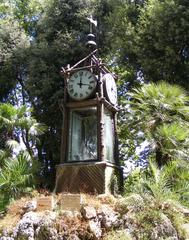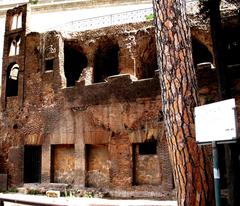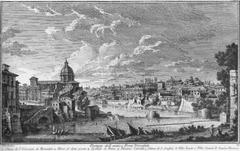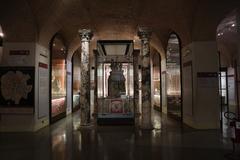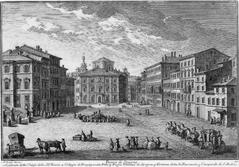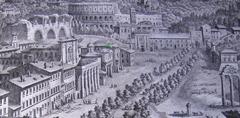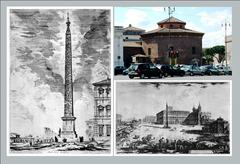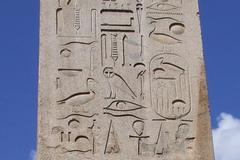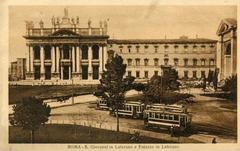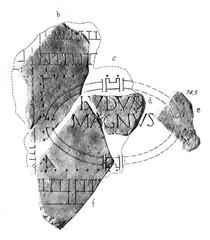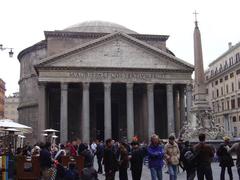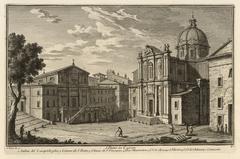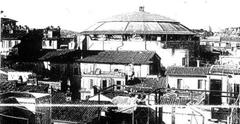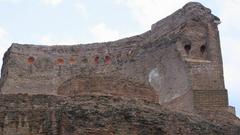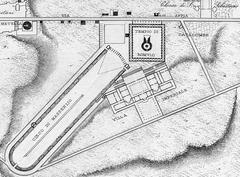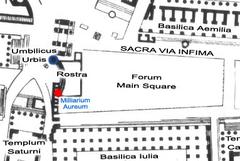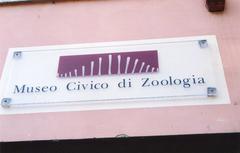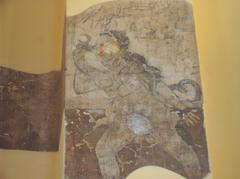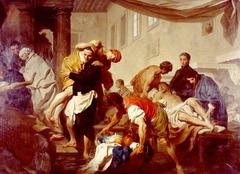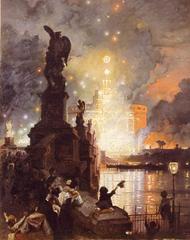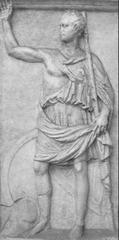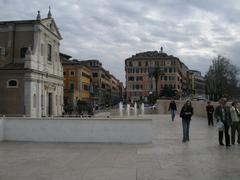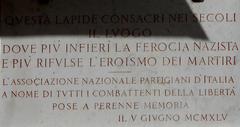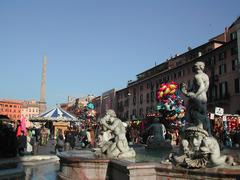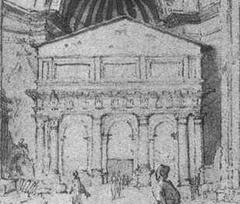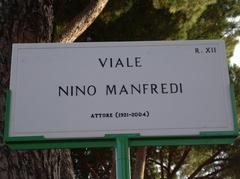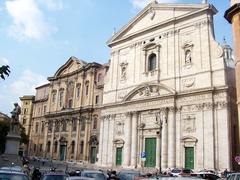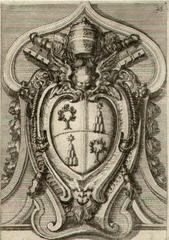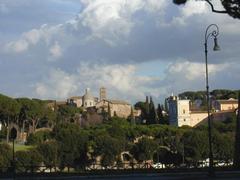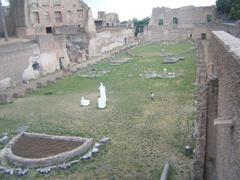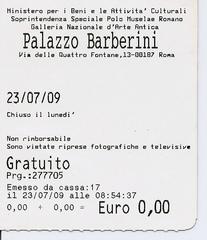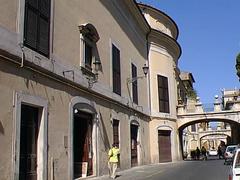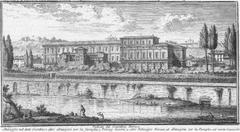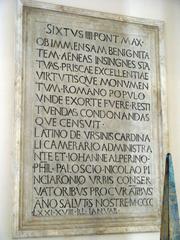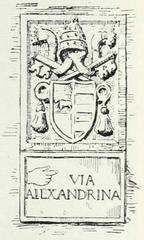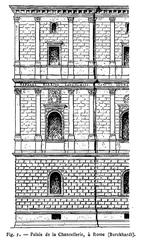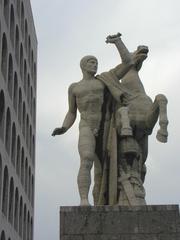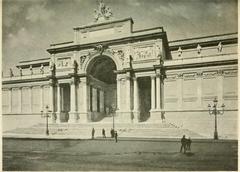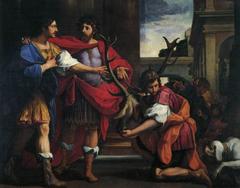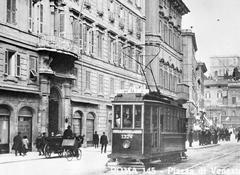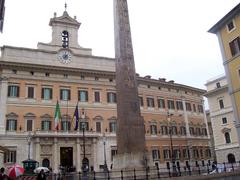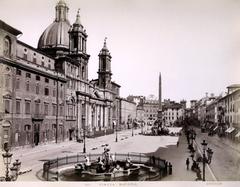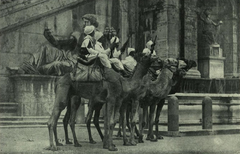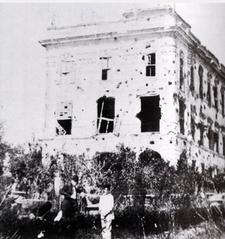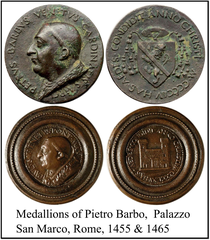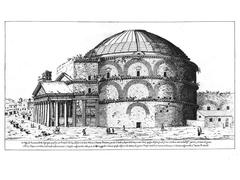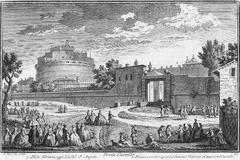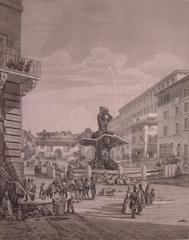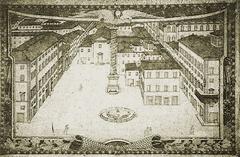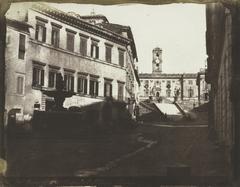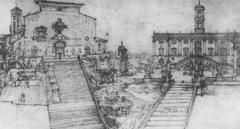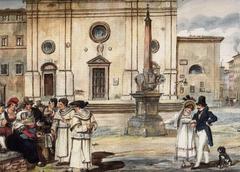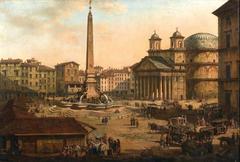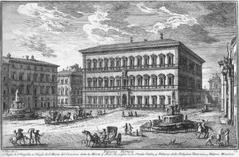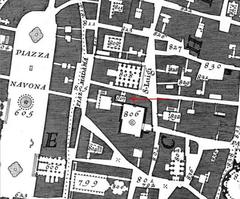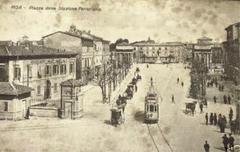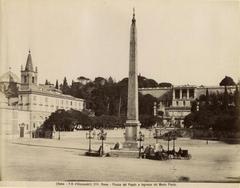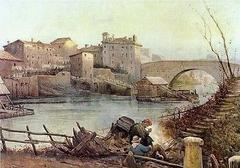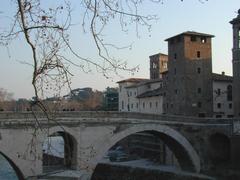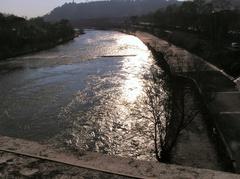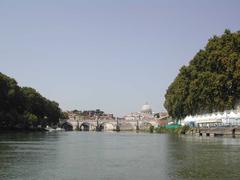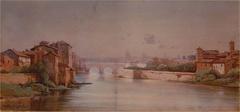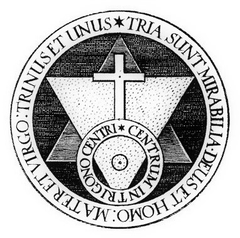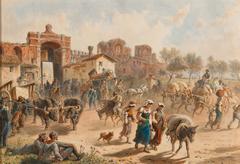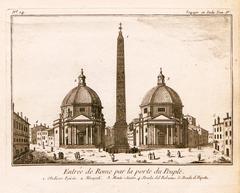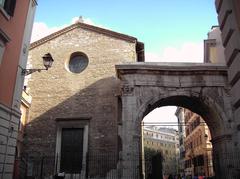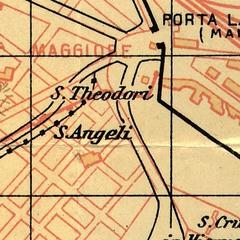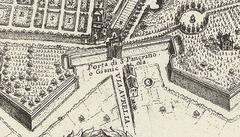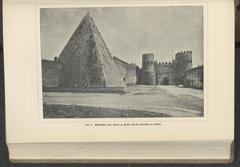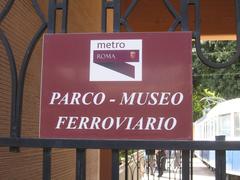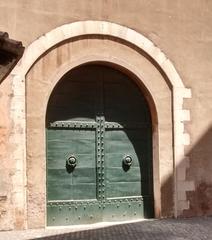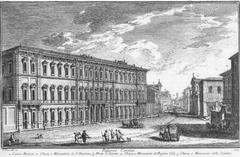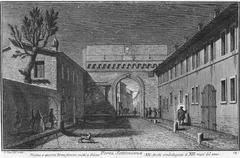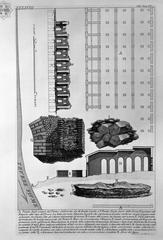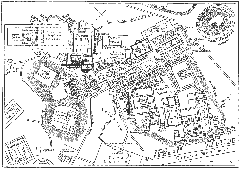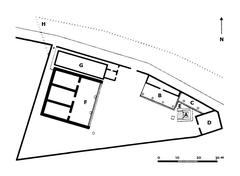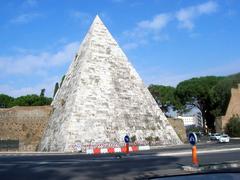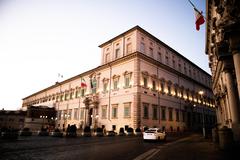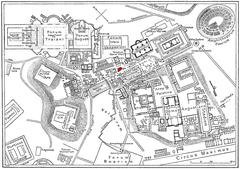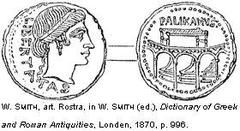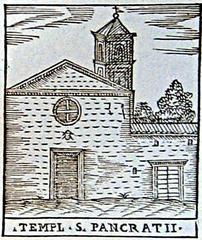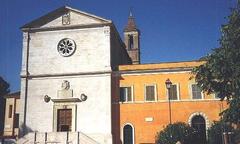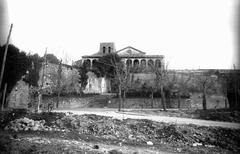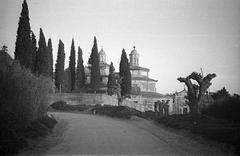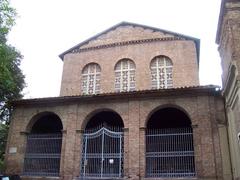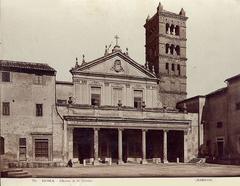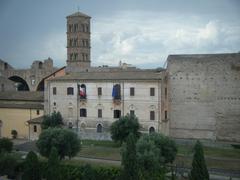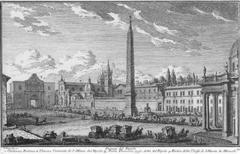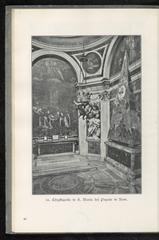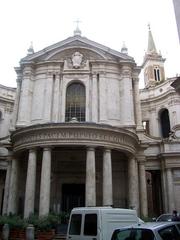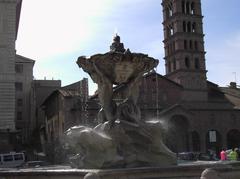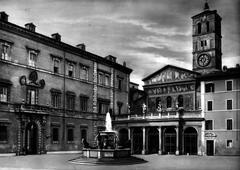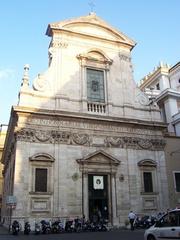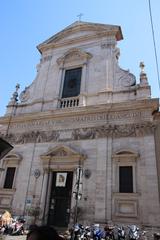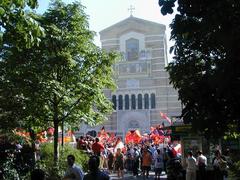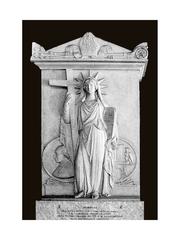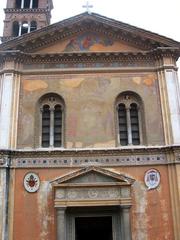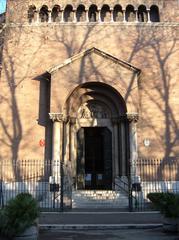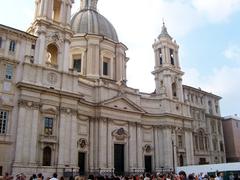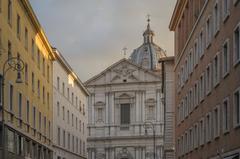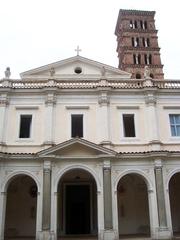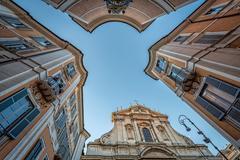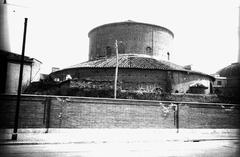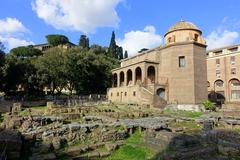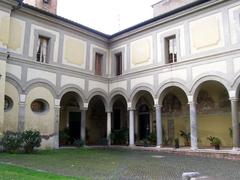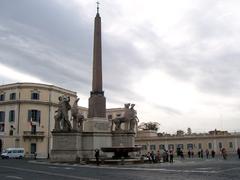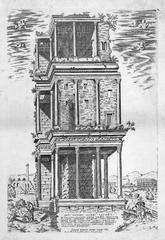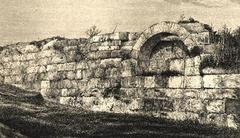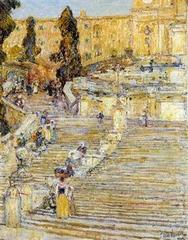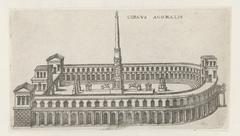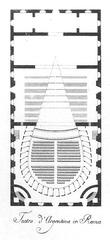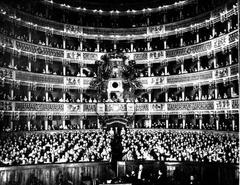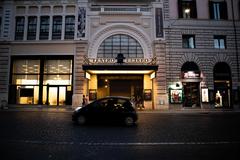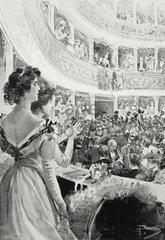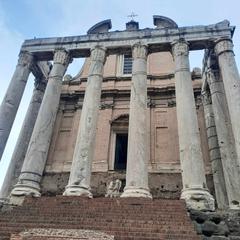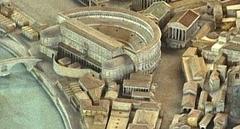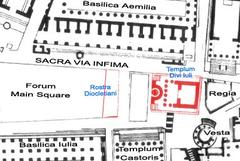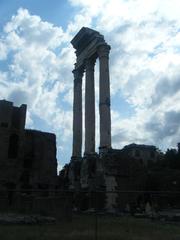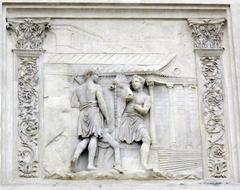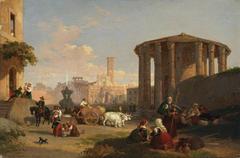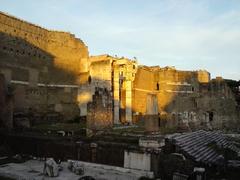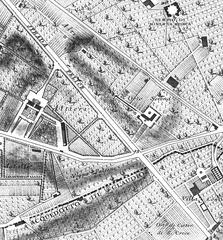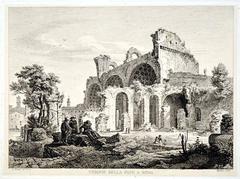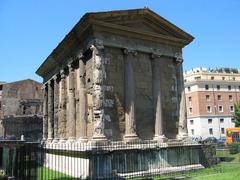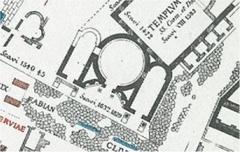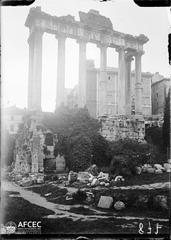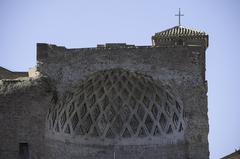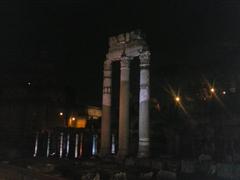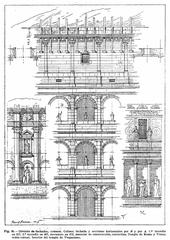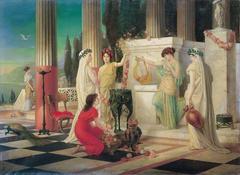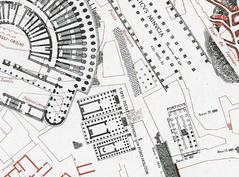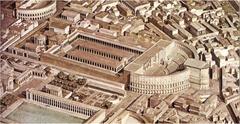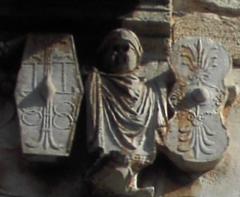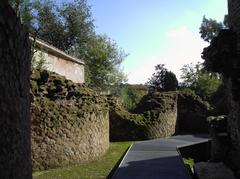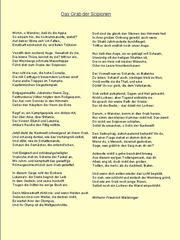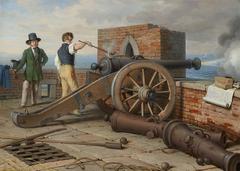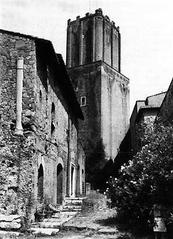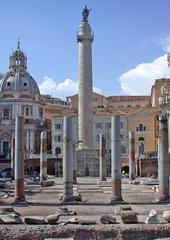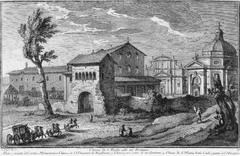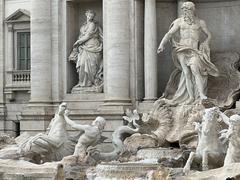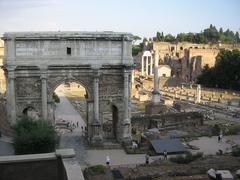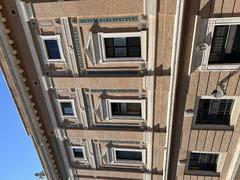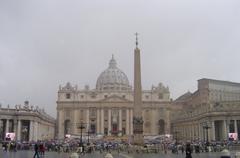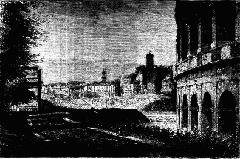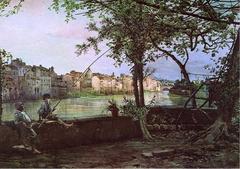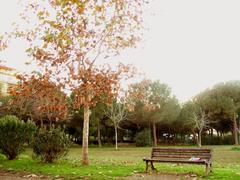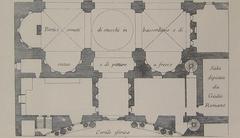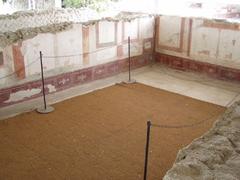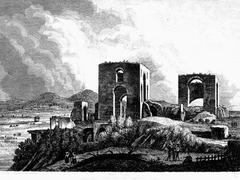Comprehensive Guide to Visiting Rome, Metropolitan City of Rome, Italy
Published Date: 13/08/2024
Captivating Introduction
Welcome to Rome, the Eternal City, where every cobblestone whispers tales of emperors, gladiators, and popes. Imagine standing amidst monumental ruins and architectural marvels that have withstood the test of time, from the days of Romulus and Remus to the bustling metropolis it is today. Rome’s history is a vibrant mosaic waiting to be explored, offering a seamless blend of ancient grandeur and modern elegance. Whether you’re strolling through the Roman Forum, marveling at the Pantheon, or tossing a coin into the Trevi Fountain, the city invites you to embark on a journey through time and wonder. Rome is not just a city; it’s an experience that engages all your senses and leaves you yearning for more. So, buckle up and let’s dive into the heart of Rome, where every corner has a story to tell. (Italy Guides, The Roman Guy)
Thematic Structure
- Historical Significance of Rome
- A Timeless Tapestry: Rome’s Rich History Unveiled
- Founding Myths and Early History
- The Roman Kingdom and Republic
- The Roman Empire
- Architectural Marvels
- The Rise of Christianity
- The Renaissance and Baroque Periods
- The Unification of Italy
- Modern Rome
- Hidden Gems and Local Secrets
- Interactive Adventures
- Cultural Etiquette
- Practical Tips with a Twist
- Pop Culture and Rome
- Time-Based Itineraries
- Local Lingo
- Seasonal Highlights
- Myth Busting
- Storytelling: Rome’s Legends
- FAQ
- Discover Rome: A Journey Through Time and Wonder
- The Colosseum: Echoes of Gladiators and Legends
- The Roman Forum: The Heartbeat of Ancient Rome
- The Pantheon: A Temple to All Gods
- Vatican City: A Treasure Trove of Faith and Art
- Trevi Fountain: A Wish Upon a Coin
- The Spanish Steps: A Stairway to Roman Elegance
- The Borghese Gallery: An Artistic Haven
- The Capitoline Museums: Treasures of Antiquity
- The Palatine Hill: Cradle of Rome
- Trastevere: Rome’s Bohemian Heart
- The Catacombs: Mysteries Beneath
- The Appian Way: Rome’s Ancient Highway
- Piazza Navona: Baroque Beauty
- Castel Sant’Angelo: Fortress of History
- Villa d’Este: A Garden of Dreams
- Practical Tips for Visitors: Rome Like a Local
Historical Significance of Rome
A Timeless Tapestry: Rome’s Rich History Unveiled
Picture this: you’re standing at the heart of Rome, where every cobblestone whispers tales of emperors, gladiators, and popes. From mythical beginnings to modern marvels, Rome’s history is a vibrant mosaic waiting to be explored.
Founding Myths and Early History
Legend has it that Rome was founded by twin brothers, Romulus and Remus, on April 21, 753 BCE. Raised by a she-wolf, these brothers’ tale is more than just myth—archaeological finds on Palatine Hill show human settlement as far back as the 10th century BCE. Rome’s prime location on the Tiber River wasn’t just a happy accident; it was a strategic goldmine for trade and military prowess.
The Roman Kingdom and Republic
Rome booted out its last king in 509 BCE and said, “Let’s try this republic thing.” With a Senate and a slew of magistrates, Rome laid down the blueprint for the modern republic. Imagine the drama: senators plotting, soldiers conquering—Rome expanded its territory and influence, setting the stage for an empire.
The Roman Empire
Enter Julius Caesar, a man whose ambition redefined Rome. By 27 BCE, Augustus took the helm, marking the birth of the Roman Empire. Emperor Trajan pushed the empire to its greatest extent, spanning continents. Think colossal structures like the Colosseum and intricate road networks—Rome was the ancient world’s engineering marvel.
Architectural Marvels
Speaking of marvels, let’s talk architecture. The Colosseum, finished in 80 CE, could seat 50,000 spectators. Picture the roar of the crowd at gladiator games! Then there’s the Pantheon, with its awe-inspiring dome and oculus, rebuilt by Emperor Hadrian around 126 CE. It’s like stepping into a time machine.
The Rise of Christianity
Rome isn’t just about pagan gods and emperors. It’s the epicenter of Christianity. The Vatican City, established as a sovereign state in 1929, houses St. Peter’s Basilica—built over Saint Peter’s tomb. It’s a Renaissance masterpiece and a pilgrimage magnet.
The Renaissance and Baroque Periods
Fast forward to the Renaissance. Rome became an artistic hub with legends like Michelangelo and Raphael leaving their marks. The Sistine Chapel’s ceiling and Vatican frescoes? Pure genius. The Baroque era added flair with the Trevi Fountain, completed in 1762—a must-see icon.
The Unification of Italy
Rome’s role in Italy’s unification is legendary. Declared the capital in 1870 after being wrested from the Papal States, it was the crown jewel of the Risorgimento, the movement that unified Italy’s fragmented states.
Modern Rome
Today’s Rome is a harmonious blend of ancient and modern. The historical center, a UNESCO World Heritage Site, is a living museum with layers from medieval, Renaissance, and Baroque eras. With a bustling population of 4.4 million, Rome remains Italy’s cultural and political heartbeat.
Hidden Gems and Local Secrets
Want insider tips? Skip the tourist traps and visit lesser-known gems like the Aventine Keyhole or the eerie Capuchin Crypt. And don’t miss the local markets—Campo de’ Fiori is perfect for a sensory overload of sights, sounds, and smells.
Interactive Adventures
Turn your visit into a quest! How about a scavenger hunt in the historical center or a gelato-tasting challenge? Rome’s streets are your playground.
Cultural Etiquette
When in Rome, do as the Romans do. Greet with a friendly “Ciao!” and don’t forget to sip your coffee standing at the bar—it’s the Roman way. And remember, tipping is appreciated but not mandatory.
Practical Tips with a Twist
Plan your visit with a sprinkle of fun. Ever tried a rhyme to remember key sites? “Colosseum and Forum, the heart of ancient quorum.” And don’t forget: comfy shoes are a must for those cobblestone streets!
Pop Culture and Rome
From Audrey Hepburn’s Vespa ride in “Roman Holiday” to the epic battles in “Gladiator,” Rome is a silver screen darling. Spot these film locations and feel like a star.
Time-Based Itineraries
Create your own adventure: a “Caesar’s Day Out” tour of ancient sites or a “Michelangelo Marvels” journey through Renaissance wonders. Rome’s history is at your fingertips.
Local Lingo
Speak like a local with phrases like “Grazie” (thank you) and “Quanto costa?” (How much?). It’s not just polite; it’s fun!
Seasonal Highlights
Rome’s charm shifts with the seasons. Spring blooms with festivals, summer dazzles with open-air events, autumn offers a cozy vibe, and winter sparkles with holiday lights and markets.
Myth Busting
Think you know Rome? Discover surprises like the fact that Caesar salad isn’t Roman at all! Uncover more quirky facts and bust those myths.
Storytelling: Rome’s Legends
Dive into tales like the audacious heist of the Mona Lisa involving a Roman thief or the ghostly apparitions in Castel Sant’Angelo. History here is stranger than fiction.
FAQ
Got questions? We’ve got answers. From the best times to visit to must-see hidden gems, our FAQ section covers it all.
Discover Rome: A Journey Through Time and Wonder
The Colosseum: Echoes of Gladiators and Legends
Step into the colossal embrace of the Colosseum, where the roars of ancient crowds still echo through the arches. Imagine 80,000 spectators cheering as gladiators clashed and mythic dramas unfolded. This marvel of Roman engineering invites you to explore its underground chambers and ascend for breathtaking views of the Eternal City. Pro tip: Book a guided tour to access hidden corners and tales untold. (The Roman Guy)
The Roman Forum: The Heartbeat of Ancient Rome
Adjacent to the Colosseum, the Roman Forum was the bustling epicenter of ancient Rome’s political, commercial, and social life. Stroll among the ruins of the Temple of Saturn and the Senate House, and let your imagination reconstruct the grandeur of yesteryears. Grab a combined ticket with the Colosseum to delve deeper into the Forum and Palatine Hill. (The Roman Guy)
The Pantheon: A Temple to All Gods
Marvel at the Pantheon, a temple turned church, with its awe-inspiring dome and central oculus that bathes the interior in celestial light. This architectural masterpiece has stood the test of time, offering free entry and a serene escape from the city’s bustle. Visit early to bask in its tranquil glory. (The Roman Guy)
Vatican City: A Treasure Trove of Faith and Art
Venture into the heart of Vatican City, the smallest state with the grandest treasures. Stand in awe beneath the soaring dome of St. Peter’s Basilica, wander the vast Vatican Museums, and gaze up at Michelangelo’s Sistine Chapel ceiling. Skip the lines by booking ahead—your spiritual and artistic pilgrimage awaits. (Lonely Planet)
Trevi Fountain: A Wish Upon a Coin
Join the throngs at the Trevi Fountain, where legend holds that a coin tossed over the shoulder ensures your return to Rome. This Baroque masterpiece, illuminated at night, offers a magical backdrop for your Roman wishes. (Lonely Planet)
The Spanish Steps: A Stairway to Roman Elegance
Relax on the Spanish Steps, a grand staircase connecting Piazza di Spagna with the Trinità dei Monti church. This 18th-century marvel is a perfect spot to people-watch, explore the Keats-Shelley Memorial House, and indulge in high-end shopping on Via Condotti. (Lonely Planet)
The Borghese Gallery: An Artistic Haven
Nestled in the lush Villa Borghese gardens, the Borghese Gallery showcases masterpieces by Caravaggio, Bernini, and Raphael. With limited entry, this intimate venue offers a serene art experience. Book in advance and set aside a couple of hours to savor the collection. (Lonely Planet)
The Capitoline Museums: Treasures of Antiquity
Perched on Capitoline Hill, the Capitoline Museums boast a rich collection of ancient Roman relics, Renaissance art, and more. Highlights include the iconic Capitoline Wolf and the colossal head of Constantine. (Lonely Planet)
The Palatine Hill: Cradle of Rome
Explore the mythic Palatine Hill, where Romulus and Remus were said to be raised by a she-wolf. This ancient site, dotted with ruins of imperial palaces, offers panoramic vistas of the Roman Forum and Circus Maximus. (The Roman Guy)
Trastevere: Rome’s Bohemian Heart
Wander through Trastevere, a vibrant neighborhood filled with winding streets, lively nightlife, and authentic Roman eateries. Don’t miss the Basilica of Santa Maria in Trastevere and the charming Orto Botanico. Evening is the best time to soak in its local charm. (Rome Actually)
The Catacombs: Mysteries Beneath
Descend into the Catacombs of Rome—ancient underground burial sites that whisper tales of early Christian communities. Guided tours of San Callisto and San Sebastiano catacombs reveal fascinating burial customs and history. (Lonely Planet)
The Appian Way: Rome’s Ancient Highway
Walk or cycle along the historic Appian Way, a scenic route lined with ancient ruins. Key stops include the Catacombs of San Callisto, the Tomb of Cecilia Metella, and the Circus of Maxentius. Every step is a journey through history. (Lonely Planet)
Piazza Navona: Baroque Beauty
Relax in Piazza Navona, a lively square known for its stunning Baroque fountains, including Bernini’s Fountain of the Four Rivers. Surrounded by cafes and street artists, it’s a vibrant spot to soak in Rome’s charm, day or night. (Lonely Planet)
Castel Sant’Angelo: Fortress of History
Discover Castel Sant’Angelo, a fortress with a storied past—from mausoleum to papal refuge. Today, it offers museum exhibits and stunning views from its terrace. Walk the Passetto di Borgo, the secret passage connecting the castle to the Vatican. (Lonely Planet)
Villa d’Este: A Garden of Dreams
Escape to Villa d’Este in Tivoli, just outside Rome. This UNESCO World Heritage site boasts Renaissance gardens and mesmerizing fountains. It’s an ideal day trip for a tranquil retreat from the city’s hustle and bustle. (Lonely Planet)
Practical Tips for Visitors: Rome Like a Local
- Best Time to Visit: Spring (April to June) and fall (September to October) offer pleasant weather and fewer crowds. (An Elegant Traveler)
- Getting Around: Rome is walkable, but public transportation, including buses and the metro, is also available. Consider a Roma Pass for unlimited travel and discounts. (Rome Actually)
- Dress Code: Modest dress is required for religious sites like the Vatican. Cover shoulders and knees.
- Safety: Rome is generally safe, but watch out for pickpockets, especially in crowded areas and on public transport.
- Language: Italian is the official language, but English is widely spoken in tourist spots.
Let’s unravel Rome’s secrets together with Audiala, your ultimate tour guide app. Download it before your visit to unlock stories, tips, and hidden gems, making your Roman adventure unforgettable!
Call to Action
As we wrap up our journey through Rome, it’s clear that the Eternal City is a treasure trove of history, culture, and unforgettable experiences. From its mythical origins to its role in shaping modern civilization, Rome stands as a testament to human ingenuity and resilience. Whether you’re exploring the hidden gems of Trastevere, walking along the ancient Appian Way, or marveling at the artistic masterpieces in the Vatican, Rome offers something for everyone. Its streets are alive with stories waiting to be discovered, each corner a chapter in the grand narrative of this timeless city. So, why not take the plunge and explore Rome with fresh eyes? With Audiala, your journey will be enriched with expert insights and hidden gems, making your Roman adventure truly unforgettable. Download Audiala and let the Eternal City reveal its secrets to you. (Lonely Planet, Savoring Italy)
References
- Italy Guides. (n.d.). Travel tips: Rome in a nutshell. https://www.italyguides.it/en/lazio/rome/travel-guides/travel-tips/rome-in-a-nutshell
- The Roman Guy. (n.d.). Things to do in Rome: Guide to Rome’s top monuments & attractions. https://theromanguy.com/italy-travel-blog/rome/things-to-do-in-rome-guide-to-romes-top-monuments-attractions/
- Lonely Planet. (n.d.). Best things to do in Rome. https://www.lonelyplanet.com/articles/best-things-to-do-in-rome
- Savoring Italy. (n.d.). Rome, Italy. https://www.savoringitaly.com/rome-italy/
